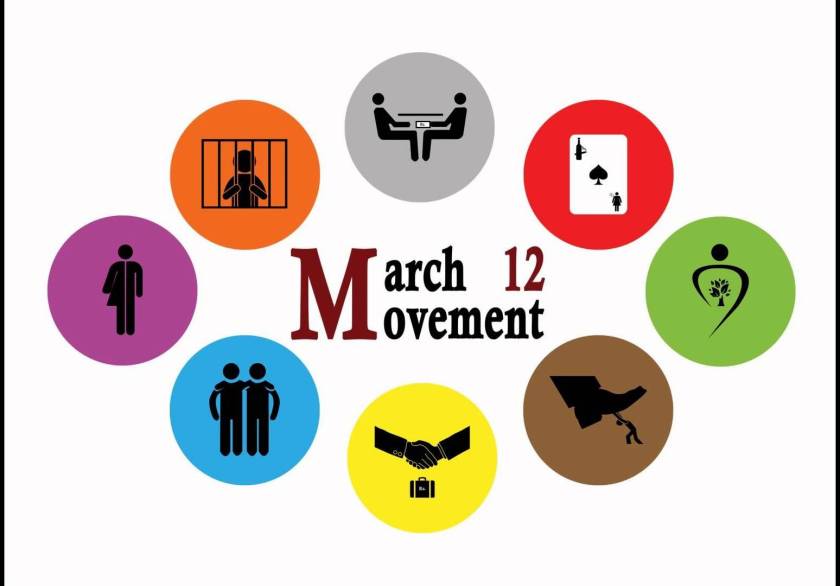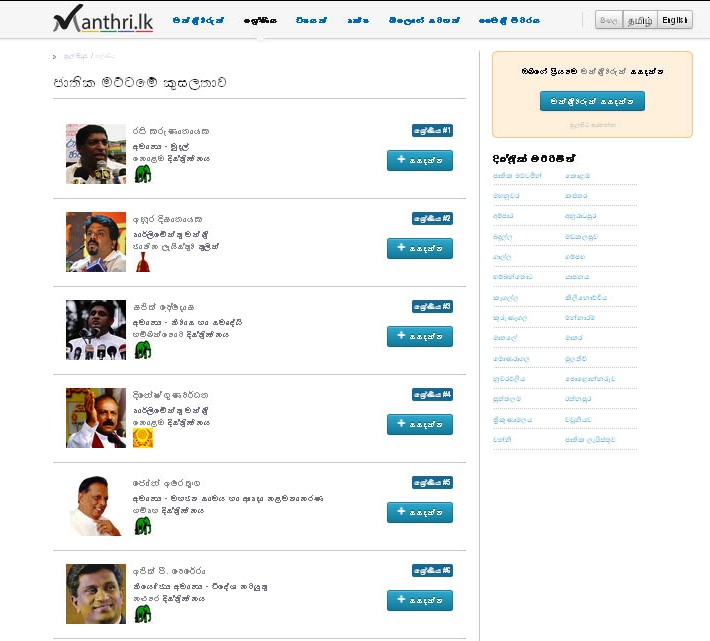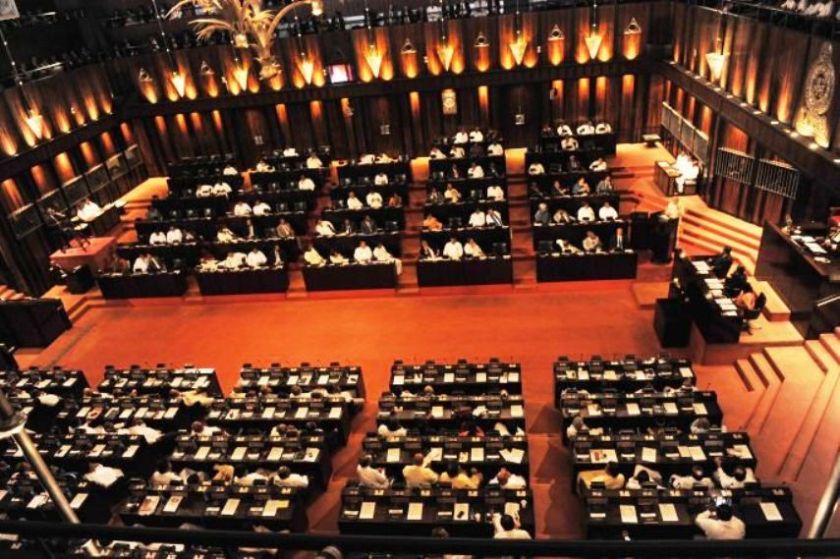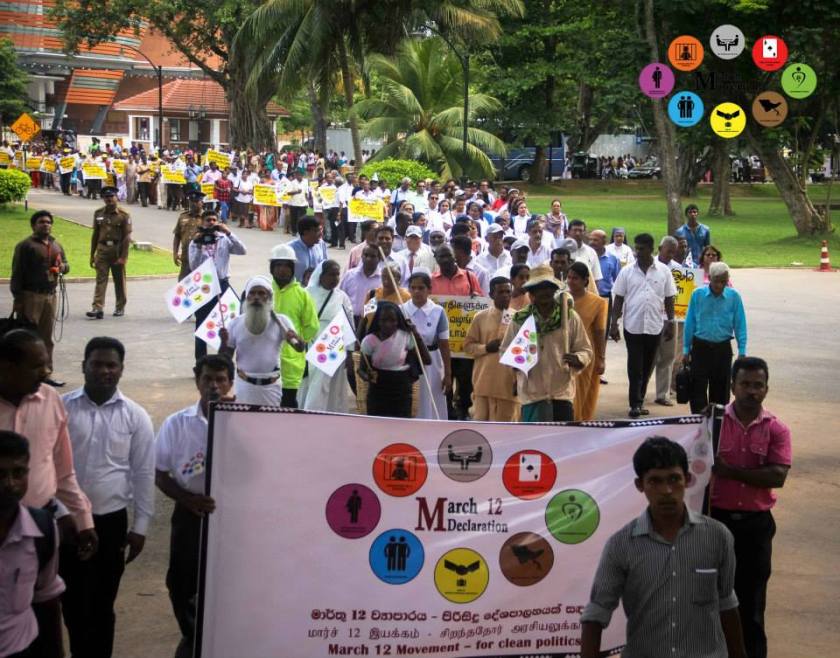
I just spoke on a panel on “Framing discourse: Media, Power and Democracy” which was part of the public exhibition in Colombo called Corridors of power: Drawing and modelling Sri Lanka’s tryst with democracy.
The premise for our panel was as follows:
The architecture of the mainstream media, and increasingly, social media (even though distinct divisions between the two are increasingly blurred) to varying degrees reflects or contests the timbre of governance and the nature of government.
How can ‘acts of journalism’ by citizens revitalise democracy and how can journalism itself be revived to engage more fully with its central role as watchdog?
In a global contest around editorial independence stymied by economic interests within media institutions, how can Sri Lanka’s media best ensure it attracts, trains and importantly, retains a calibre of journalists who are able to take on the excesses of power, including the silencing of inconvenient truths by large corporations?
The panel, moderated by lawyer and political scientist Asoka Obeyesekere comprised freelance journalist Amantha Perera, Sunday Observer editor Lakshman Gunasekera, and myself.
Here are my opening remarks (including some remarks made during Q&A).
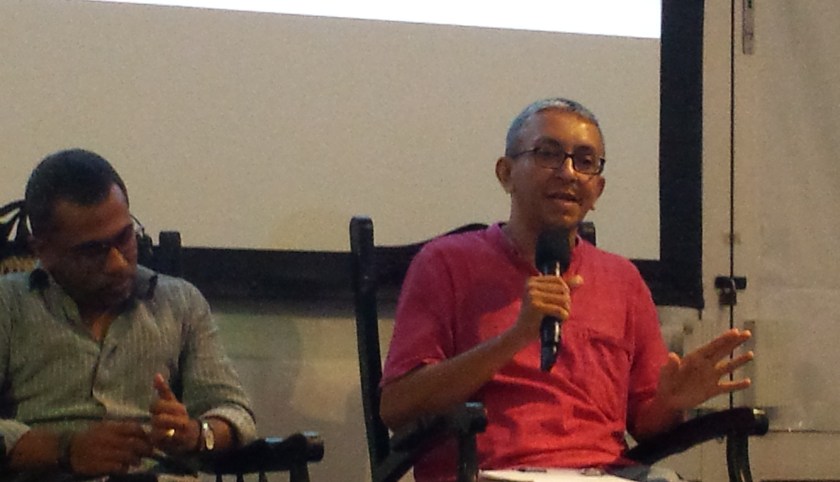
Panel on “Framing discourse: Media, Power and Democracy”
20 Sep 2015, Colombo
Remarks by Nalaka Gunawardene
Curator Sanjana has asked us to reflect on a key question: What is the role of media in securing democracy against its enemies, within the media itself and beyond?
I would argue that we are in the midst of multiple, overlapping deficits:
- Democracy Deficit, a legacy of the past decade in particular, which is now recognised and being addressed (but we have a long way to go)
- Public Trust Deficit in politicians and public institutions – not as widely recognised, but is just as pervasive and should be worrying us all.
- Media Deficit, probably the least recognised deficit of all. This has nothing to do with media’s penetration or outreach. Rather, it concerns how our established (or mainstream) MEDIA FALLS SHORT IN PERFORMING the responsibilities of watchdog, public platform and the responsibility to “comfort the afflicted and afflict the comfortable”.
In this context, can new media – citizens leveraging the web, mobile devices and the social media platforms – bridge this deficit?
My answer is both: YES and NO!
YES because new media opportunities can be seized – and are being seized — by our citizens to enhance a whole range of public interest purposes, including:
- Political participation
- Advocacy and activism
- Transparency and accountability in public institutions
- Peace-building and reconciliation
- Monitoring and critiquing corporate conduct
All these trends are set to grow and involve more and more citizens in the coming years. Right now, one in four Lankans uses the web, mostly thru mobile devices.
BUT CAN IT REPLACE THE MAINSTREAM MEDIA?
NO, not in the near term. For now, these counter-media efforts are not sufficient by themselves to bridge the three deficits I have listed above. The mainstream media’s products have far more outreach and and the institutions, far more resources.
Also, the rise of citizen-driven new media does NOT – and should NOT — allow mainstream media to abdicate its social responsibilities.
This is why we urgently need MEDIA SECTOR REFORMS in Sri Lanka – to enhance editorial independence AND professionalism.
The debate is no longer about who is better – Mainstream media (MSM) or citizen driven civic media.
WE NEED BOTH.
So let us accept and celebrate our increasingly HYBRID MEDIA REALITY (‘hybrid’ seems to be currently popular!). This involves, among other things:
- MSM drawing on Civic Media content; and
- Civic Media spreading MSM content even as they critique MSM
To me, what really matters are the ACTS OF JOURNALISM – whether they are RANDOM acts or DELIBERATE acts of journalism.
Let me end by drawing on my own experience. Trained and experienced in mainstream print and broadcast media, I took to web-based social media 8 years ago when I started blogging (for fun). I started tweeting five years ago, and am about to cross 5,000 followers.
It’s been an interesting journey – and nowhere near finished yet.
Everyday now, I have many and varied CONVERSATIONS with some of my nearly 5,000 followers on Twitter. Here are some of the public interest topics we have discussed during this month:
- Rational demarcation of Ministry subject areas (a lost cause now)
- Implications of XXL Cabinet of the National/Consensus Govt
- Questionable role of our Attorney General in certain prosecutions
- Report on Sri Lanka at the UN Human Rights Council (UNHRC) Session
- Is Death Penalty the right response to rise of brutal murders?
- Can our media be more restrained and balanced in covering sexual crimes involving minors?
- How to cope with Hate Speech on ethnic or religious grounds
- What kind of Smart Cities or MegaCity do we really need?
- How to hold CocaCola LK responsible for polluting Kelani waters?
Yes, many of these are fleeting and incomplete conversations. So what?
And also, there’s a lot of noise in social media: it’s what I call the Global Cacophony.
BUT these conversations and cross-talk often enrich my own understanding — and hopefully help other participants too.
Self-promotional as this might sound, how many Newspaper Editors in Sri Lanka can claim to have as many public conversations as I am having using social media?
Let me end with the closing para in a chapter on social media and governance I recently wrote for Transparency International’s Sri Lanka Governance Report 2014 (currently in print):
“Although there have been serious levels of malgovernance in Sri Lanka in recent years, the build up on social media platforms to the Presidential Election 2015 showed that Lankan citizens have sufficient maturity to use ICTs and other forms of social mobilisation for a more peaceful call for regime change. Channelling this civic energy into governance reform is the next challenge.”


